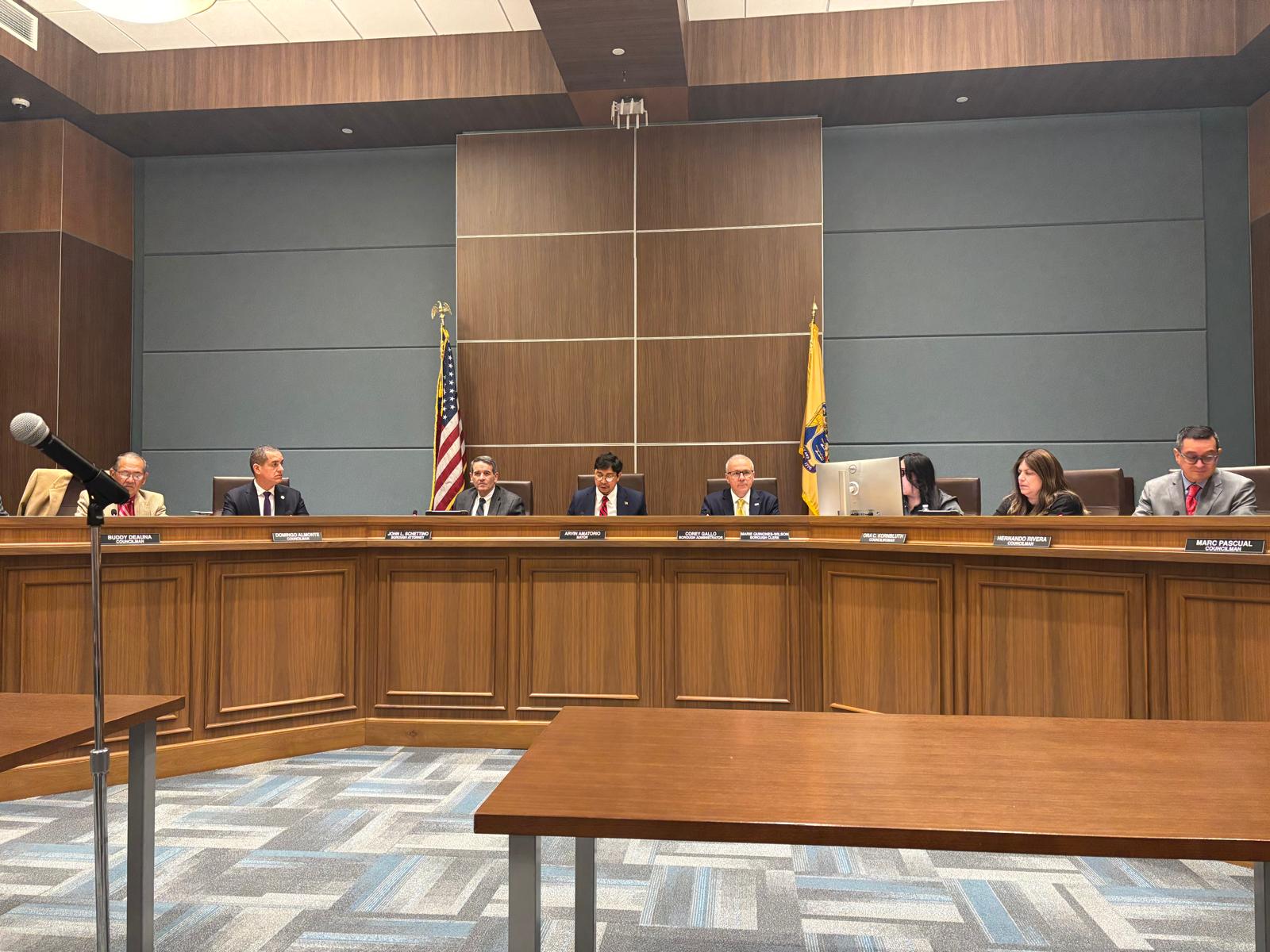We have reported any number of times before in this column that, while cancers of the lower gastrointestinal tract are more common in countries of the West, the opposite is true in countries of the East and the developing world. In Asia, particularly the Far East, as well as in Latin America and Africa, cancers of the stomach and esophagus predominate. Gastric cancer is particularly common in China, Japan, Korea and other parts of East Asia.
The culprit for these high incidence rates in the distal stomach (the part of the stomach adjoining the small intestine) has been identified as Helicobacter pylori, a bacterium that is widely present in the stomachs of adults in these regions. While the infection rate of H. pylori in the U.S. and the European Union is around 10%-20% in Whites (versus 40% in Blacks), in the Far East it may range as high as 50% or more. H. pylori in the stomach can have various effects; it has been shown to cause ulcers and gastritis.
Importantly for our purposes in carcinogenesis, H. pylori can lead to chronic inflammation in the gastric lining, then to dysplasia and metaplasia, which are precursors of gastric cancer. In areas of China or Japan of high H. pylori prevalence, the presence of gastric mucosal abnormalities, such as dysplasia, on endoscopic examination may be as high as 30-50% and these abnormalities are known to have high rates of progression to invasive carcinoma.
We now have effective methods for the eradication of H. pylori infections with the use of antibiotics. Thus, the question arises of whether one can or should interrupt the gastric carcinogenesis pathway by screening the population for H. pylori and then treating those found to be positive with the antibiotic regimens. Such a study was undertaken in the Fujian province of the Republic of China. It is located in southern China, and is the closest part of China to Taiwan, with a population of 40 million. In 1994, 1,630 individuals were identified who were asymptomatic H. pylori carriers who had undergone upper GI endoscopy. They were randomized to receive H. pylori eradication with antibiotics or placebo and were followed for 7.5 years. The paper that was published in JAMA in 2004 reported that seven new gastric cancer cases developed in the treatment group versus 11 in the placebo group (p=0.33) for no statistically significant difference overall. However, if one looked at the subgroup of 988 individuals who had a normal gastric mucosa, with no gastric mucosal abnormalities (i.e., no dysplasia or metaplasia) at baseline, there were no new cancers in the treatment group versus six new cancers in the placebo group (p=0.02). The tentative explanation was that, if one had already developed gastric mucosal changes from the infection, it was too late for the antibiotic treatment to affect the progression to cancer, but that earlier treatment could possibly be helpful.
Another randomized clinical trial on this subject was just recently published, also in JAMA. It was conducted in Taiwan among individuals who were recruited between 2014 and 2018 to a screening study for colon cancer that utilized stool to test for occult blood. Of the approximately 270,000 people recruited to this screening program, 240,000 were randomly selected to take part in a second stool test for the presence of H. pylori. After various exclusions and nonparticipation rates, there were 63,508 individuals who were invited for stool testing for H. pylori and 88,995 who were controls (not tested for H. pylori). Approximately 50% of those randomized to screening actually underwent stool testing. The mean follow-up time was 5.7 years. Of those who were tested for H. pylori, 38.5% tested positive and, of these, 72.5% received appropriate antibiotic treatment. The gastric cancer incidence rate was 0.032% in the group that tested positive for H. pylori while it was 0.037% in the group that was not tested (p=.23), while gastric cancer mortality also showed no difference. Endoscopy was not available on study participants so we cannot assess how the effects of H. pylori eradication differed as a function of the gastric mucosal changes.
Thus, once again, an actual H. pylori screening and treatment program did not clearly show any benefits on gastric cancer incidence and mortality. For now, this would not appear to be a reasonable public health policy in regions with high levels of this pathogen. Nevertheless, it is standard practice to utilize antibiotic therapy to eliminate H. pylori in those who are found to carry the pathogen when they are endoscoped and tested for symptomatic reasons.
Alfred I. Neugut, MD, PhD, is a medical oncologist and cancer epidemiologist at Columbia University Irving Medical Center/New York Presbyterian and Mailman School of Public Health in New York. Email: [email protected].
This article is for educational purposes only and is not intended to be a substitute for professional medical advice, diagnosis, or treatment, and does not constitute medical or other professional advice. Always seek the advice of your qualified health provider with any questions you may have regarding a medical condition or treatment.













